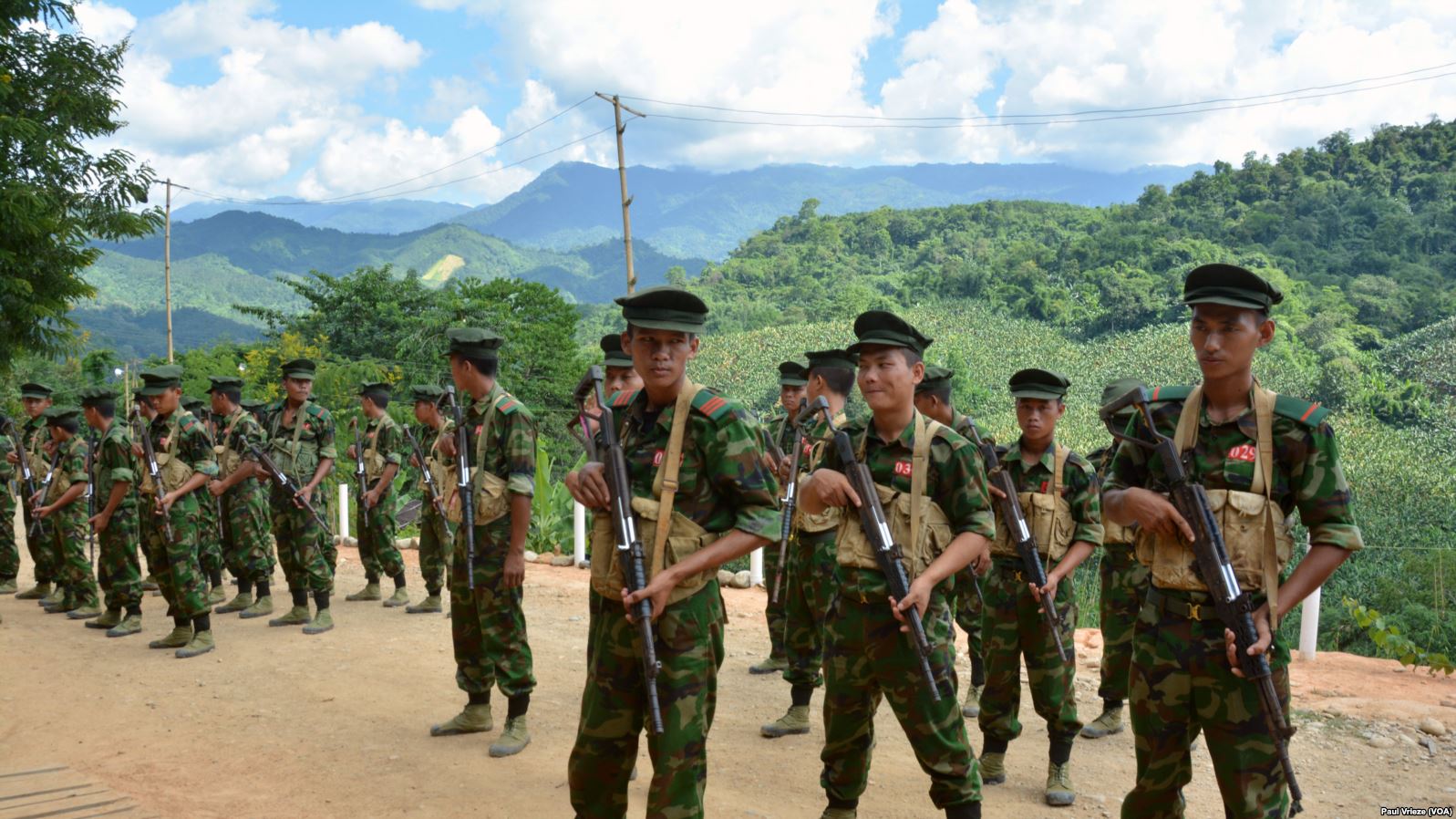US to withdraw from Iran nuclear agreement
President Donald Trump announced that the US will withdraw from the Joint Comprehensive Plan of Action (JCPOA), the 2015 pact under which the US was to lift economic sanctions on Iran in exchange for Tehran agreeing not to develop nuclear weapons. The White House statement says the US will re-imposes all sanctions lifted or waived in connection with the JCPOA, including those instated by the National Defense Authorization Act for Fiscal Year 2012, the Iran Sanctions Act of 1996, the Iran Threat Reduction and Syria Human Rights Act of 2012, and the Iran Freedom and Counter-proliferation Act of 2012. The sanctions are expected to go into effect in no later than 180 days. (Map: Myket.ir)



